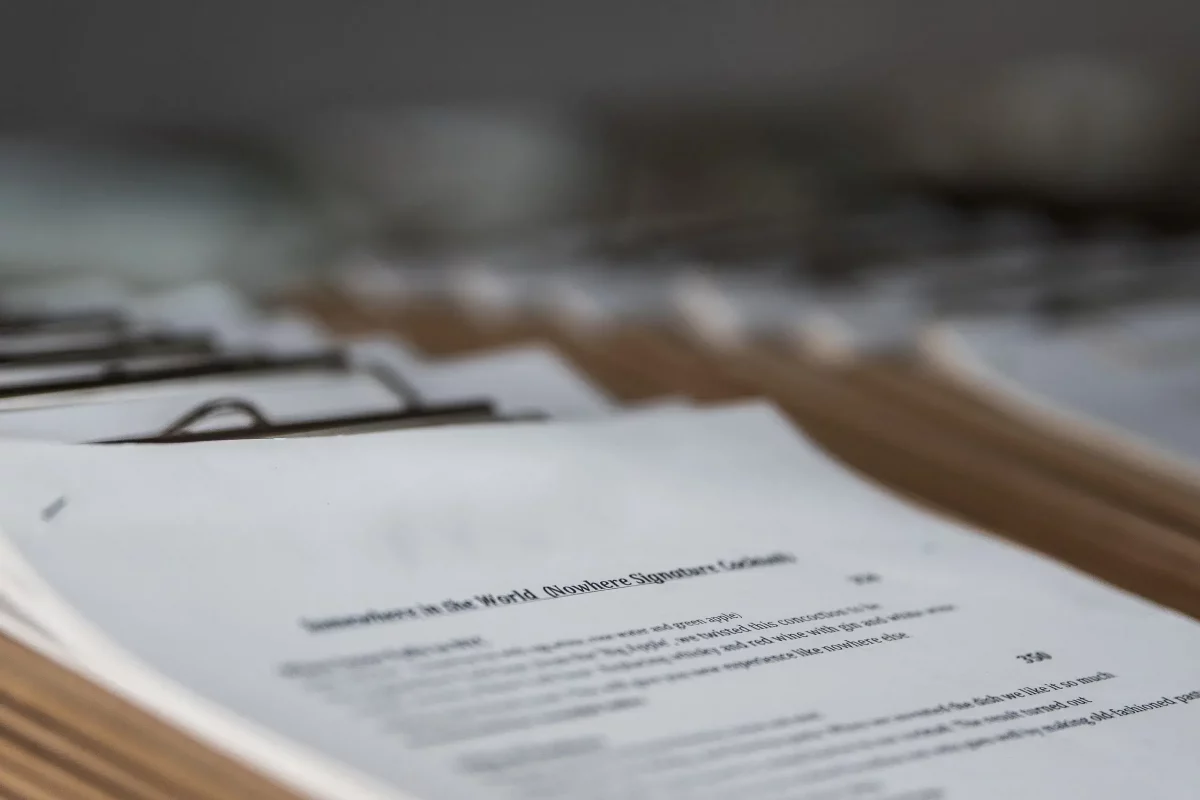France-Singapore DTAA: Double Tax Avoidance Agreement
As key trading partners, France and Singapore enjoy strong economic ties. At present, Singapore is one of France’s leading trading partners in the Asia region, while France is Singapore’s second-largest trading partner in the EU. France’s trade with Singapore in 2019 amounted to EUR 12.1 billion. Singapore is also the most popular Southeast Asian destination for French investors.
Many French companies use Singapore as their regional headquarters for expanding their business to the Asian market. Among these are ST Microelectronics, Murex, Engie, INSEAD, Safran, Nestle, CMA-CGM, Dassault Systemes, Airbus, Thales, BNP Paribas, Alcatel-Lucent, and several other well-known firms.
What is the France-Singapore Double Tax Treaty?
The main goal of the France-Singapore Double Taxation Agreement (DTAA) is to establish the principles and rules that determine which country has the primary right to tax an individual or a company; once the determination is made then the other country does not impose any tax in order to eliminate double taxation. Note that the determination of the tax residency also helps prevent tax avoidance.
This DTAA regulates a major issue for cross-border individuals and businesses — avoiding the taxation of the same income by both countries. If you plan to incorporate a company in Singapore and do business with France, this guide will help you understand the tax treatment of various types of income that may arise as a result of business activities in France.
We Have Helped Thousands Incorporate In Singapore
Overview of Singapore's Bilateral Agreements With France
Scope of the Singapore-France Double Tax Treaty
What Taxes Will I Owe Under the France-Singapore Double Tax Avoidance Agreement?
How France-Singapore DTAA Avoids Double Taxation?
The DTAA provides special instruments to ease the tax burden imposed by the governments of both states on individuals and corporate entities. Applying a foreign tax credit or other tax exemption methods can help individuals and enterprises avoid being taxed twice on the same income, or at least reduce their tax liability. The amount of tax credit is generally limited to the amount of tax paid abroad. However, it should not exceed the tax due in the state where it should be credited (i.e., whichever tax is lower).
A claim for foreign tax credit in Singapore, along with additional documentation, is subject to review by the Inland Revenue Authority of Singapore on a case-by-case basis.
Under the tax exemption method, taxable income is subject to tax only in one country, without submitting any specific application to the tax authority of either country.
In Which Country Will the Income be Taxed?
Type of income or payment
Where it is taxed
Income from immovable property
Business profits
Permanent Establishment profits
Profits from shipping and air transport
Dividends
Interest
Royalties
Capital gains
Employment income
Directors’ fees
Pensions
Payments to students and trainees
Protect Your Income From Excessive Taxation
Conclusion
Singapore and France are strong economic partners. A significant step forward in their bilateral relations was made when the EU-Singapore FTA was signed. As a result, a growing number of French companies have expanded their business to Singapore. The DTAA signed between the two countries helps reduce the tax burden for such companies by eliminating double taxation.
From our day-to-day communication with clients, it is clear that taxes are a major concern for all businesses, big or small. The DTAA provisions are very generous but the rules for utilizing these provisions can be complicated. Therefore, it is important to involve qualified experts who can craft a personalized and holistic approach to optimize your taxes. Contact our team if you need assistance in claiming double-tax relief in Singapore.
Disclaimer:
In this article we’ve provided some basic rules for how to apply the provisions of the DTAA. However, the above-mentioned scenarios for taxation of various types of income cannot be considered exhaustive. We suggest you contact your tax consultant to advise on your particular case.
Related Articles
Double Taxation Agreements Guide
Singapore-India Double Tax Treaty
Singapore's Tax System and Types of Taxes


















